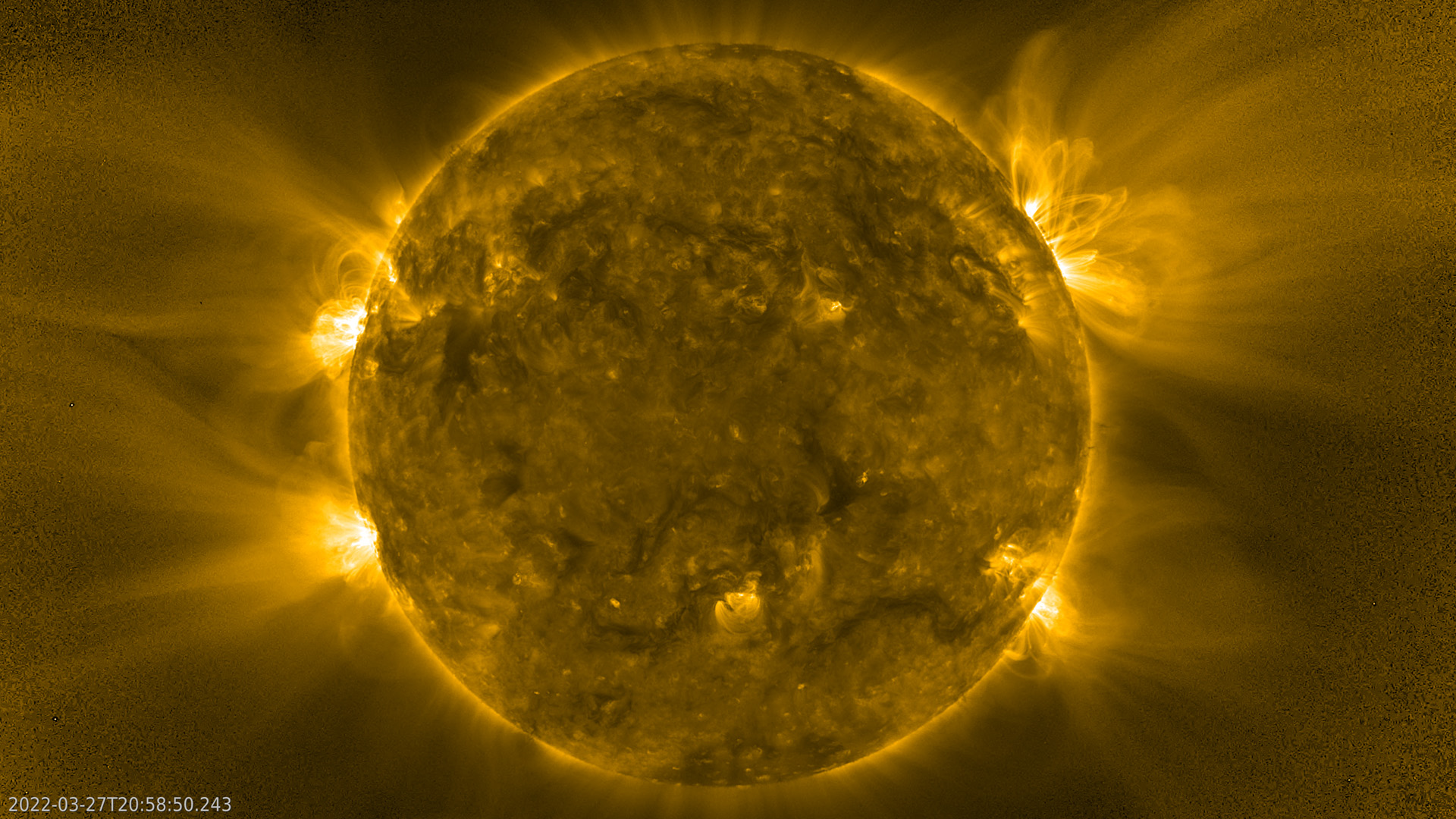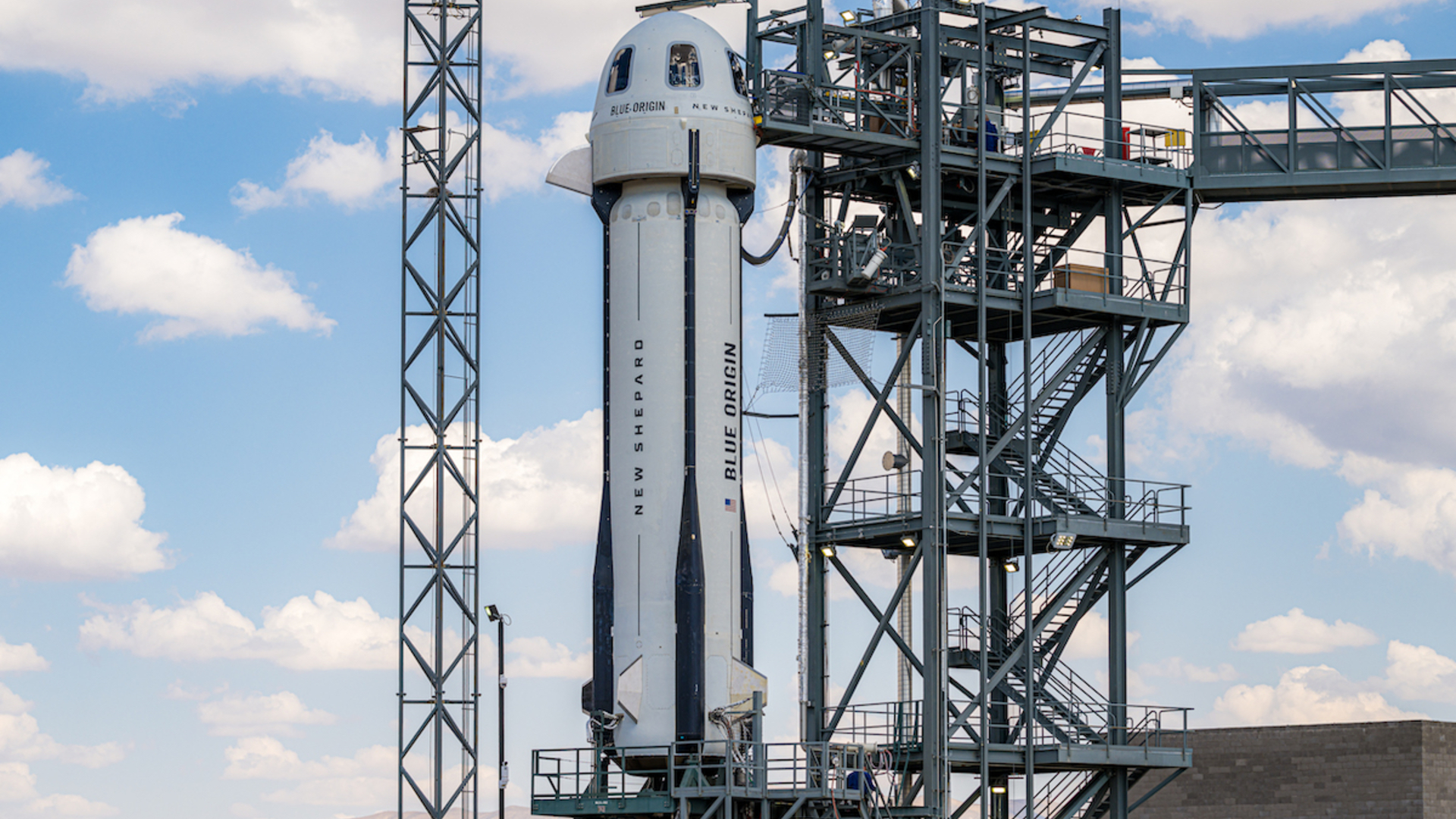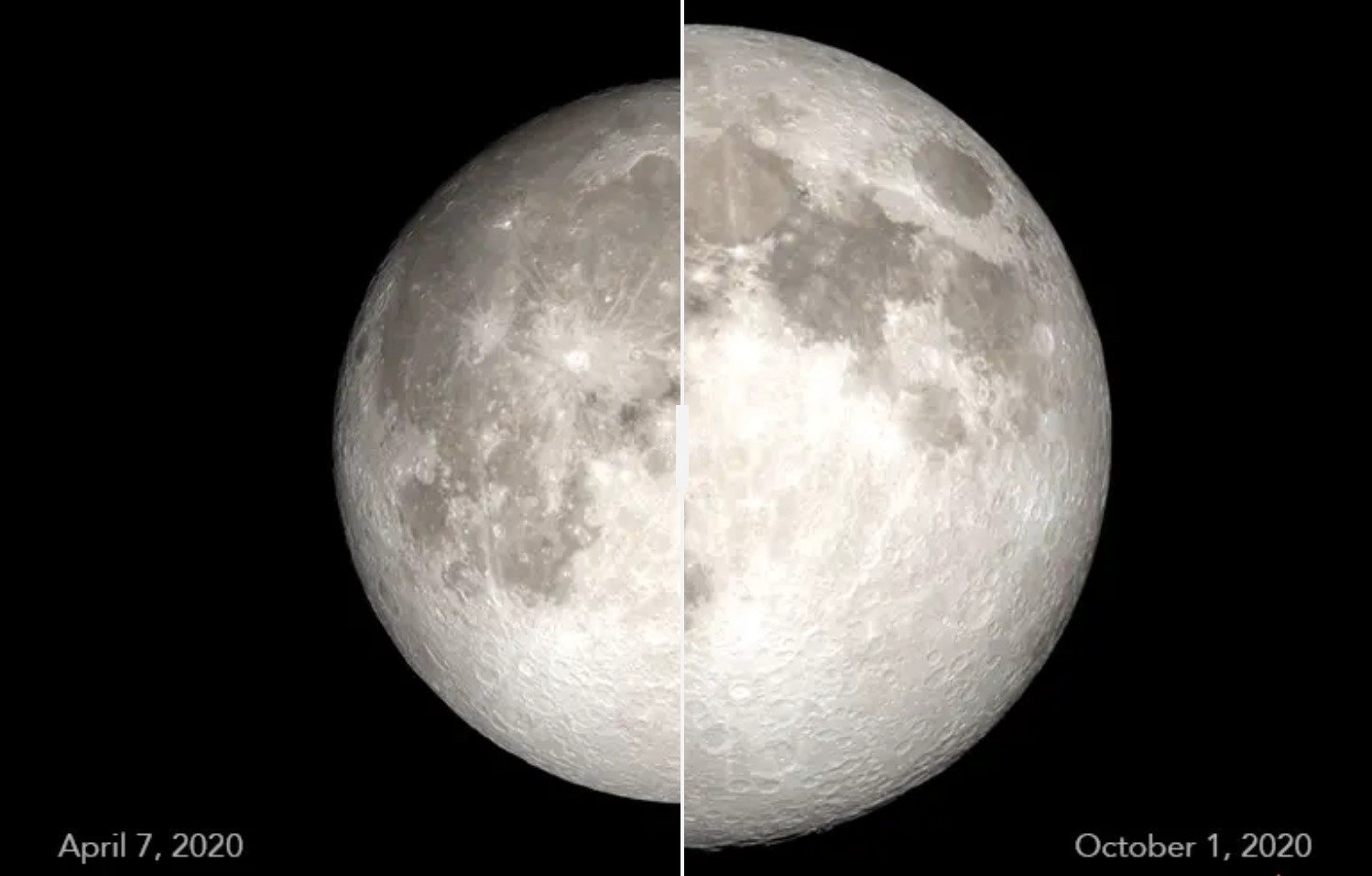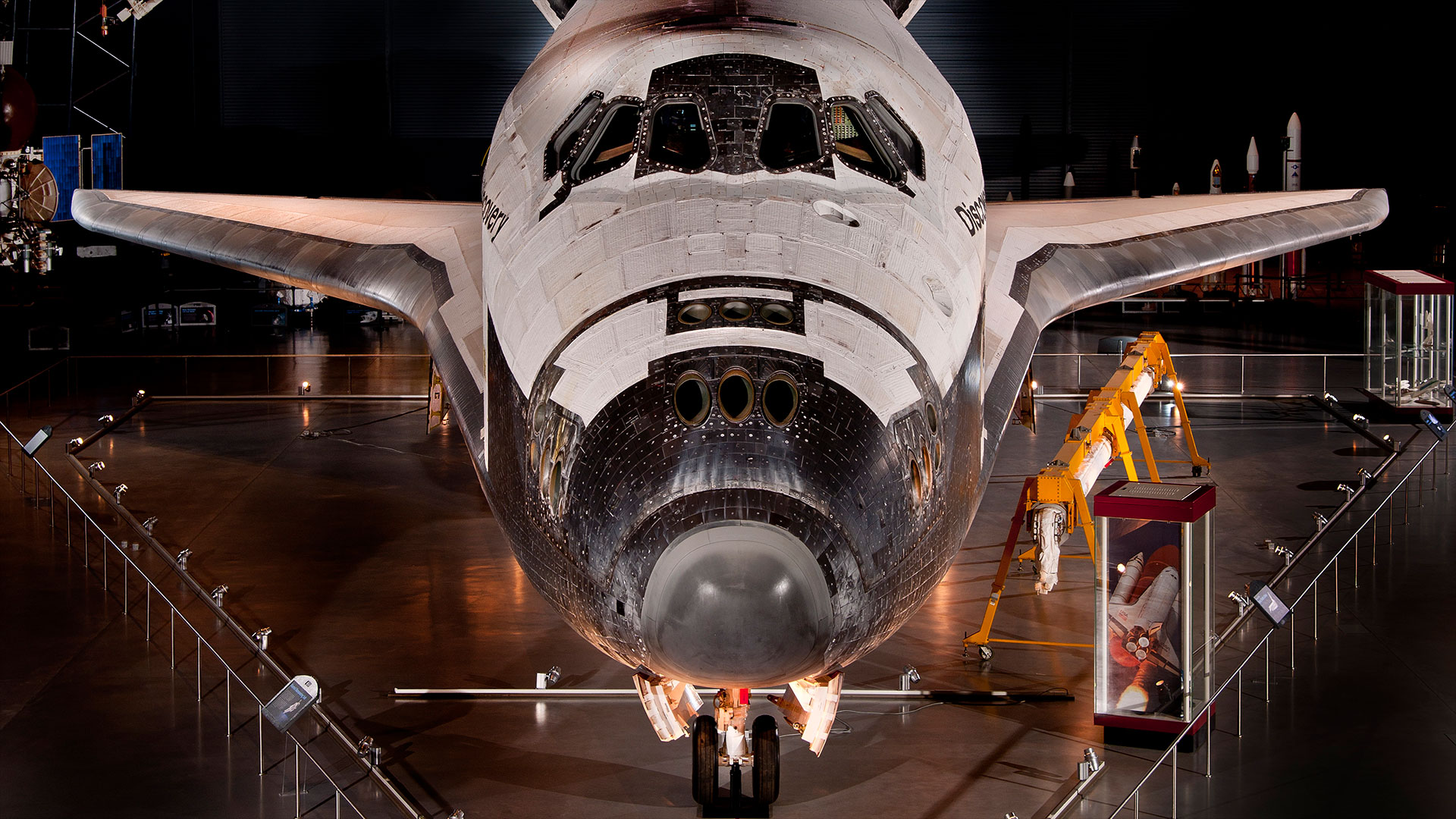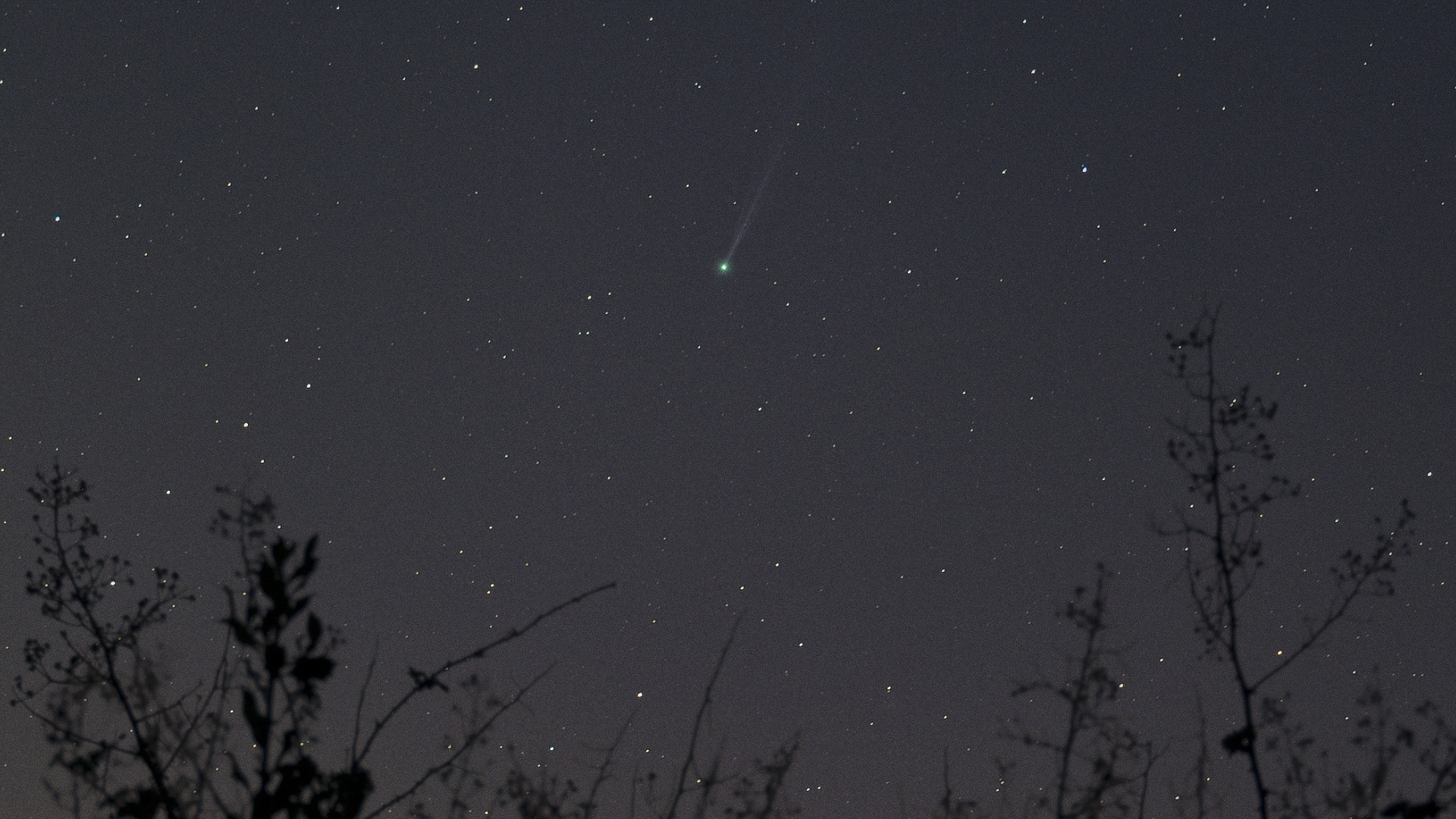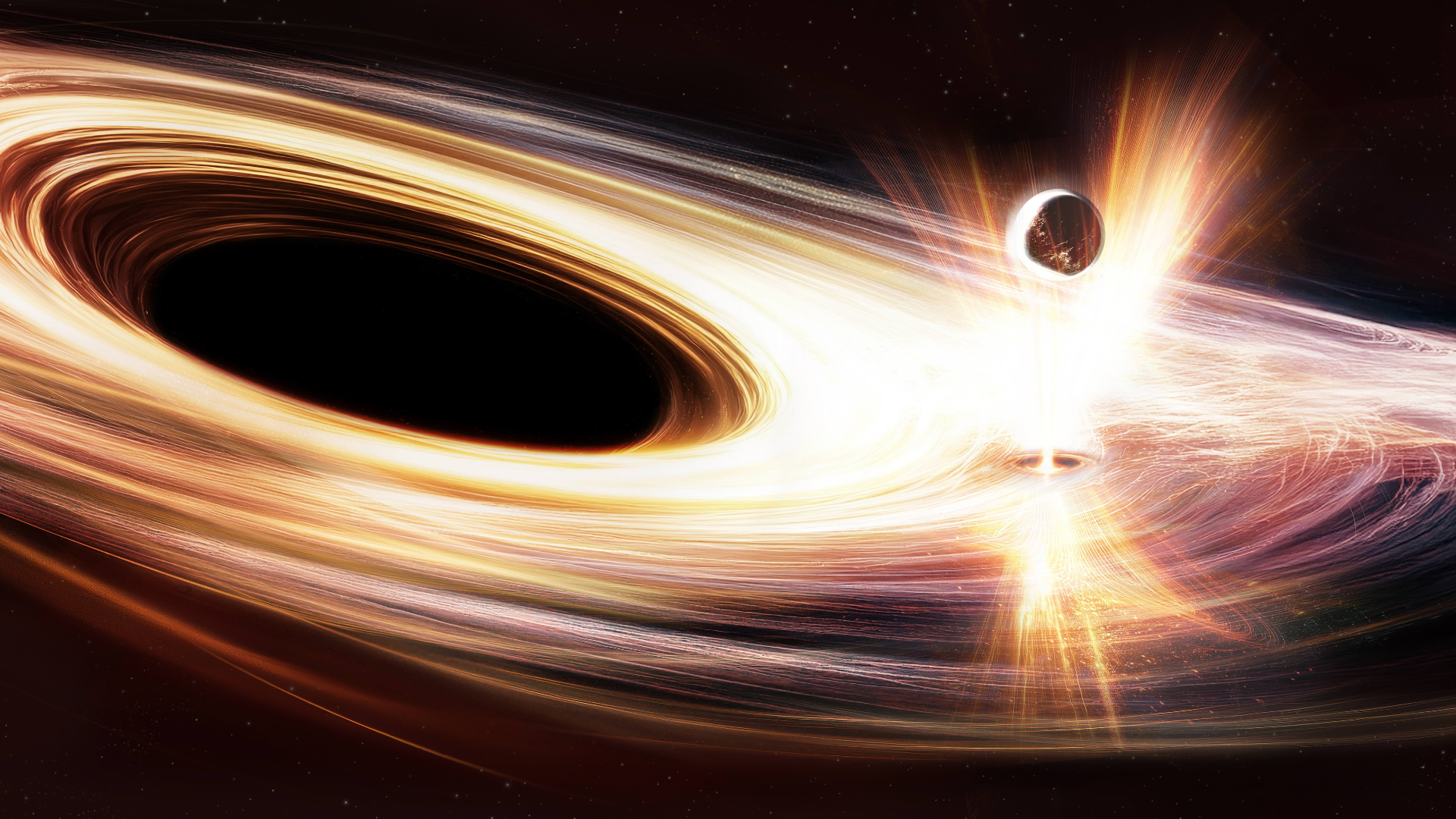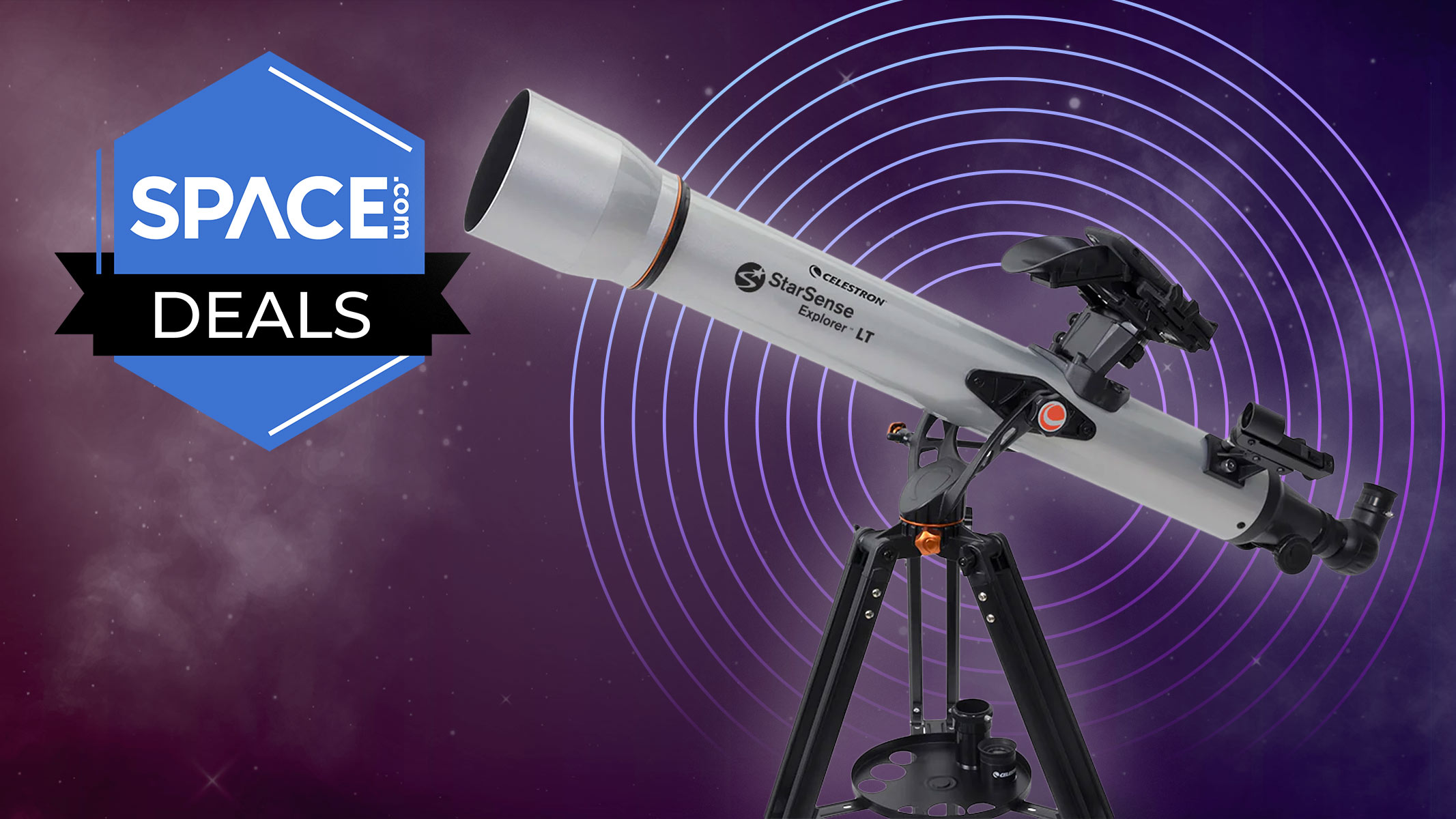Asteroid spotted just before hitting Earth's atmosphere wows astronomers
It was "probably a once-in-a-lifetime" moment for the asteroid hunter.
This weekend, an astronomer spotted a small asteroid just hours before the space rock crashed into Earth's atmosphere and met its fiery demise.
On Friday (March 11), astronomer Krisztián Sárneczky was observing the sky at the Piszkésteto Mountain Station, which is part of the Konkoly Observatory near Budapest in Hungary. During his observations, he spotted an asteroid, now dubbed 2022 EB5 by the Minor Planet Center. Scientists estimate that the space rock was about 10 feet (3 meters) wide (no big deal for an asteroid).
But the sighting soon got a lot more interesting: Just 30 minutes after the discovery, data showed that the space rock was a mere two hours away from colliding with Earth's atmosphere.
This is "probably a once in a lifetime" experience for an "asteroid hunter," Sárneczky told Space.com. Sárneczky has been searching regularly for near-Earth asteroids at Piszkésteto since August 2020, he told Space.com.
Related: The greatest asteroid missions of all time!
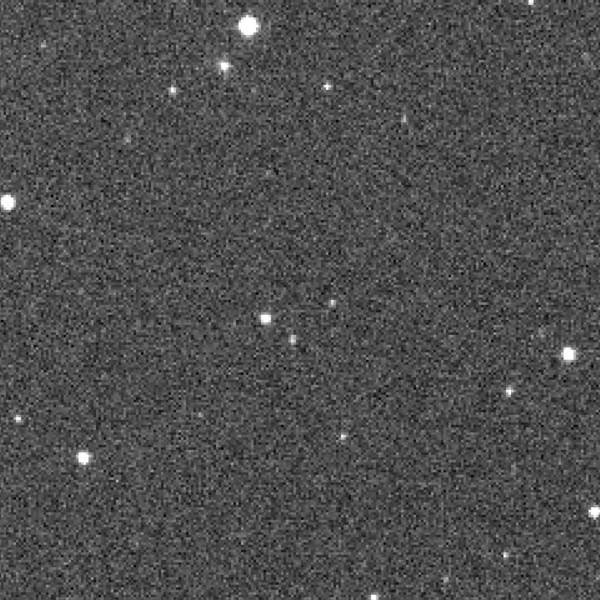
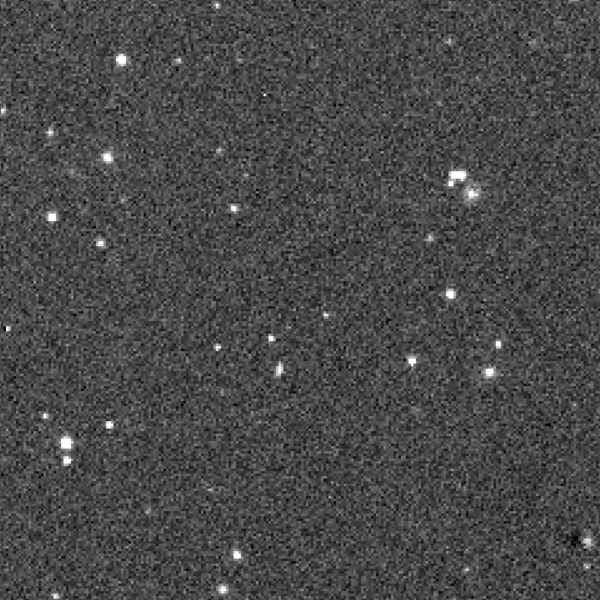
The asteroid struck Earth's atmosphere just north of Iceland at 5:22 p.m. EST (2222 GMT) on Friday, Earthsky.org reported. Scientists estimated that 2022 EB5 was traveling at about 39,600 miles per hour (66,600 kilometers per hour), slower than Earth's speed in orbit of about 64,800 mph (108,000 km/h).
2022 EB5 looked like "a star-like, fast-moving object shifting against the background stars. Like a normal near-Earth asteroid," Sárneczky said, additionally sharing that this was the 64th near-Earth object he had discovered.
Get the Space.com Newsletter
Breaking space news, the latest updates on rocket launches, skywatching events and more!
Experts believe the space rock burned up in our atmosphere, creating a bright meteor often referred to as a fireball, or shooting star, in the sky. Because of the asteroid's small size, it is highly unlikely that the space rock survived the journey. Most likely, it completely burned up in Earth's atmosphere and at this time, no resulting meteorite has been found.
According to amateur astronomer and orbital simulation expert Tony Dunn, the discovery of 2022 EB5 before its collision was a rare event.
"Impact! When 2022 EB5 struck the Earth north of Iceland this morning, it became the 5th asteroid to be discovered prior to impacting Earth," Dunn tweeted along with an animated simulation of the asteroid crashing into our planet.
Impact! When 2022 EB5 struck the Earth north of Iceland this morning, it became the 5th asteroid to be discovered prior to impacting Earth. pic.twitter.com/kYsQ40uuFqMarch 12, 2022
The other four asteroids that have been spotted before impact include 2014 AA, 2018 LA, 2008 TV2 and 2019 MO, according to Earthsky.org.
There have been a few reports of people in Iceland who claim to have seen a bright flash of light that could have coincided with the meteor impact, according to Earthsky.org. However, there has been no conclusive visual or video detections of the fireball, "likely due to the remoteness of the impact location," according to a statement from the European Space Agency.
Still, thanks to data from an international network of infrasound detectors, there is independent evidence of the asteroid's impact. With these detectors, signals from the impact were observed from both Iceland and Greenland, according to the ESA statement.
The International Meteor Organization is currently accepting public reports of observations of the fireball. So if you live in Iceland or Norway and think you may have witnessed this fireball, report your sighting here.
Email Chelsea Gohd at cgohd@space.com or follow her on Twitter @chelsea_gohd. Follow us on Twitter @Spacedotcom and on Facebook.
Join our Space Forums to keep talking space on the latest missions, night sky and more! And if you have a news tip, correction or comment, let us know at: community@space.com.

Chelsea “Foxanne” Gohd joined Space.com in 2018 and is now a Senior Writer, writing about everything from climate change to planetary science and human spaceflight in both articles and on-camera in videos. With a degree in Public Health and biological sciences, Chelsea has written and worked for institutions including the American Museum of Natural History, Scientific American, Discover Magazine Blog, Astronomy Magazine and Live Science. When not writing, editing or filming something space-y, Chelsea "Foxanne" Gohd is writing music and performing as Foxanne, even launching a song to space in 2021 with Inspiration4. You can follow her on Twitter @chelsea_gohd and @foxannemusic.
